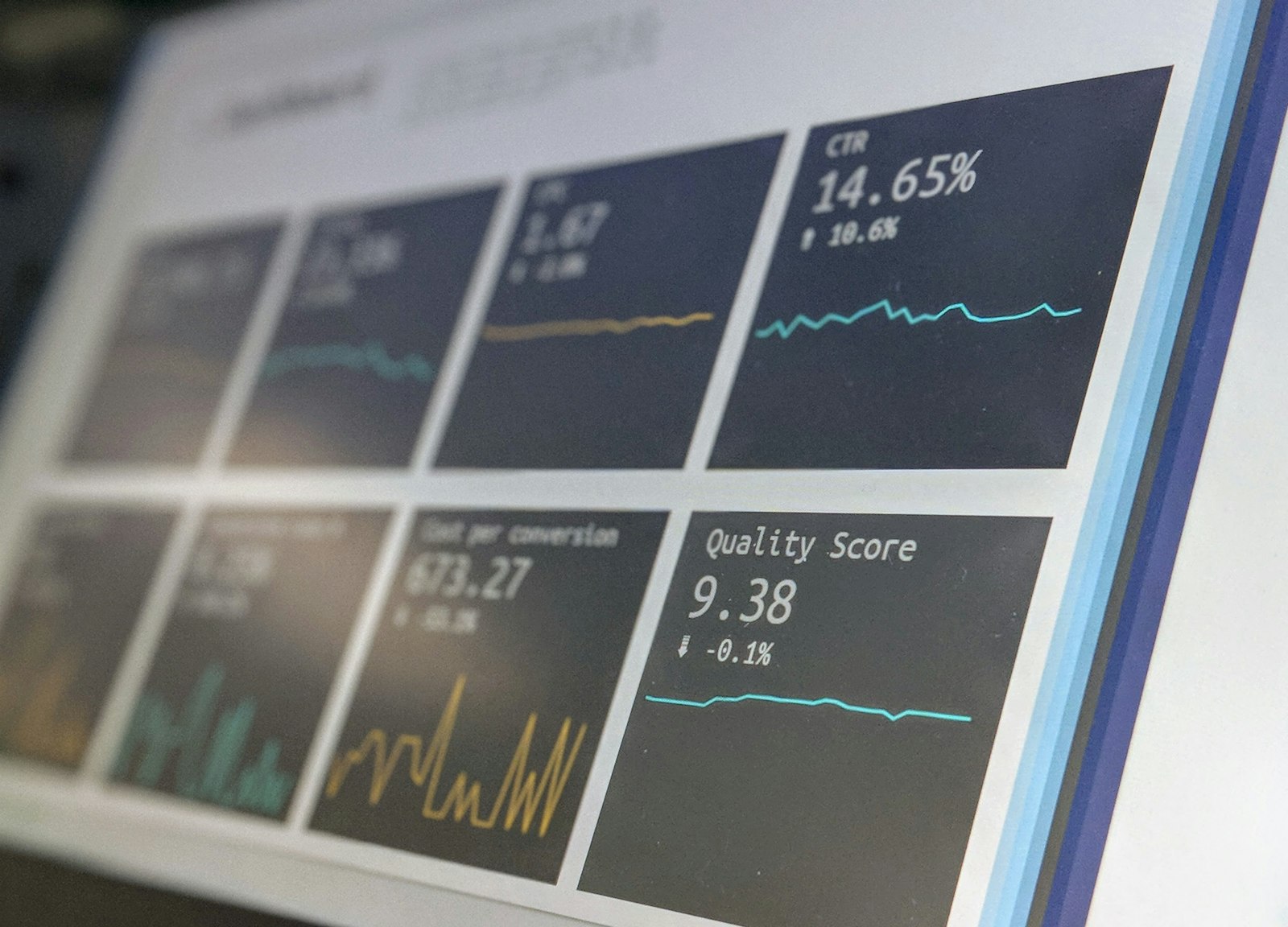The White House announced in an op-ed last week that it is scrutinizing biometric technologies as the first step toward developing a broader “bill of rights for an AI-powered world,” which it says will “clarify the rights and freedoms we expect data-driven technologies to respect.”
Speaking for the administration, President Biden’s top science and technology advisers, Eric Lander and Alondra Nelson, said that among the potential ideas to include in the bill of rights would be the right to know AI’s influence in decisions involving civil rights; freedom from AI that may be biased due to improper training; freedom from pervasive AI surveillance in one’s home or workplace; and the right to legal recourse should AI present personal harm.
“Powerful technologies should be required to respect our democratic values and abide by the central tenet that everyone should be treated fairly,” said Lander and Nelson, who director and deputy director of the White House Office of Science and Technology Policy (OSTP). “Codifying these ideas can help ensure that.”
The op-ed also recommends strategies to enforce these rights, such as requiring the government and federal contractors only to use technologies abiding by the bill of rights.
OSTP plans to lead the development of the new bill of rights with partners in the federal government, the private sector, and academia, plus input from the public. Kicking off the process, OSTP has issued a public request for information to collect input on AI-based biometric technologies used in identity verification for both physical appearance and mental and emotional characteristics.
Meanwhile, the House Financial Services Committee is advancing on a separate front in a related inquiry into the benefits, harms, and ethical risks of AI in the financial services sector.
The committee’s Task Force on AI held a hearing today on ethical concerns in the field, focused on areas such as housing and financial services. Build off prior AI task force hearings, Wednesday’s session delved into ethical frameworks to assess potential benefits and harms AI could cause in areas such as financial services and housing. Witnesses also addressed how AI ethics frameworks are being considered domestically and internationally, and the ethical implications of technologies such as predictive modeling.






